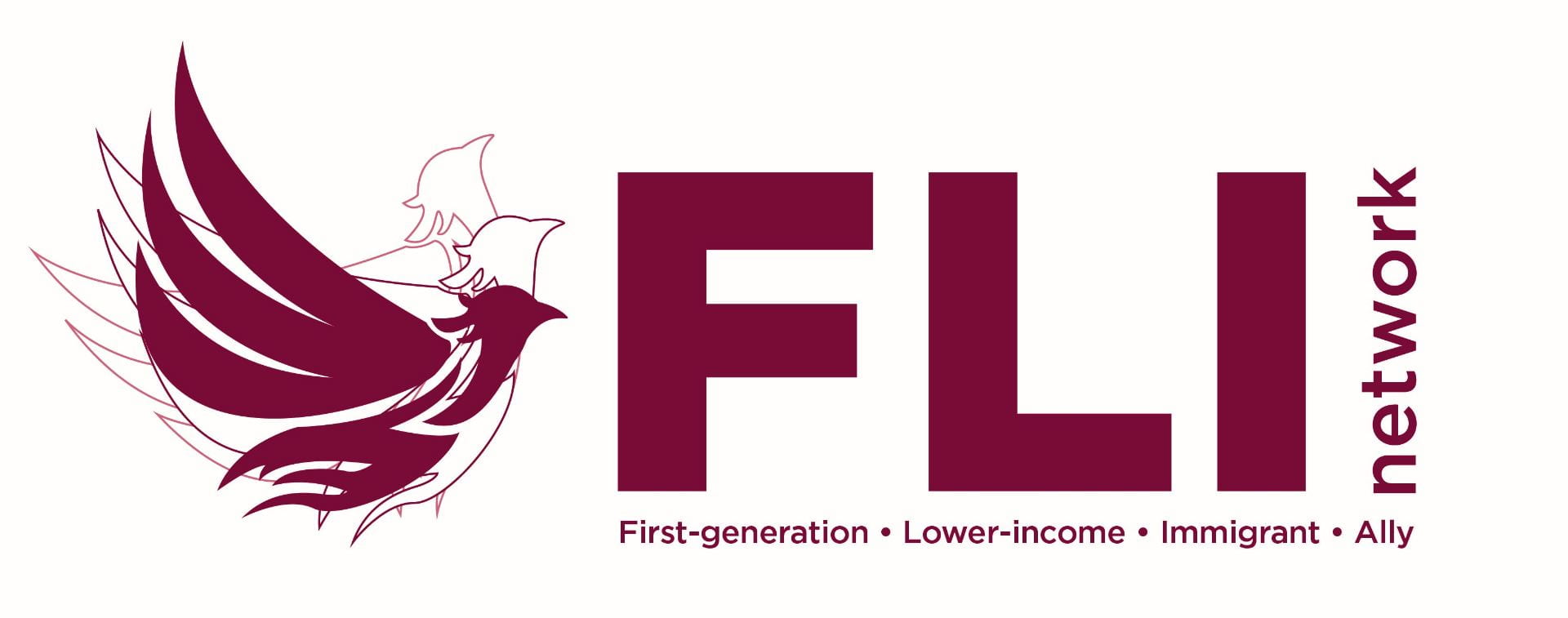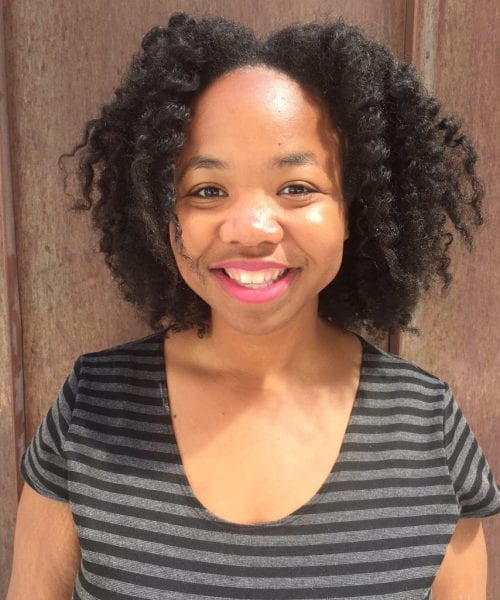Cassidy Wade, a Health Educator at University of Chicago Health Promotion and Wellness, emphasizes the importance of providing a respectful forum for individuals to share their experiences and identity. She defines her journey from a victim to a victor and strives to help students appreciate their own potential for self-care and resilience.
Following are the highlights of our conversation:
Q. How did your affiliation with the First-generation, Lower-Income, and Immigrant (FLI) community influence your college experience?
A. During my undergraduate program at Purdue University, I identified as a first-generation and lower-income student. When you are in college, you meet peers from many backgrounds who talk about their experiences, travel adventures, and accomplishments. I did not know how to join in these conversations because I did not have those stories. Sometimes, when my friends would make plans, I could not join because I did not have the money. It hurt me the most when students would talk about the environments they grew up in. As a child, I did not have stability and safety. It was hard for me to hear people talk about how well they were loved and sometimes it made me jealous. But, it all pushed me to be a better person and to redefine my path.
Q. As a student, what helped you navigate social structures?
A. I am grateful that I was able to attend school and get a job to ease some financial barriers I faced. I know that many students do not have that opportunity. I was also lucky to have friends who were empathetic. They did not come from the same economic background as I did, but they listened to me and made plans that involved me. For example, instead of going out, we would stay in and watch a movie. It was little things that made me feel like I was a part of a community that cared about me.
Q. What steps can the UChicago community take to better support FLI members?
A. In my experience, scholarships for tuition were extremely helpful and I could not have attended college without them. But, it is important to acknowledge that scholarships do not solve the problem completely. We need more gatherings that allow FLI students to feel like they are heard and seen as important members of our community.
During my undergraduate program, having a mentor who helped me throughout my four years at the university, provided me with a sense of stability. I could talk to her and laugh about the social structures that inhibited me and my growth. I think similar programs are very important for students. Having a mentor makes you realize that you are not alone, and sometimes that is all you need to hear. This is one of the main reasons that I want to be involved with the FLI Network. I know that it can get really tough, but even one supporter can make a difference.
Q. Would you be comfortable sharing the greatest struggle you faced as a college student? What helped you overcome that challenge?
A. In my Junior year, I slipped into depression and dropped out of school for a semester. I was so overwhelmed, that I struggled to even wake up, much less to attend class. Depression looks and feels different for everyone, and people have different coping mechanisms. I was smart and ambitious, but it took me time to realize that I needed help to get out of the mental state I was in. Eventually, I went to a counselor and tried to talk to some friends. They helped me use proper coping mechanisms to achieve my goals and not stand in my own way to success.
During this time, compassionate professors who understood my trauma were a blessing. For instance, one day I decided not to give an online exam, which was almost 30% of my grade. At the time, I had not been diagnosed for depression. I emailed my professor and told her that I felt down. She did not ask me for paperwork or any formal letters. She allowed me to take the exam at a later date. She understood that I was a human being and she showed me that I could be vulnerable with my story. I am grateful for people who acknowledge that just because we are in the same place, at the same institution, does not mean that we all have the same experiences.
Q. What has been your proudest moment?
A. My mother was an extremely influential person in my life because she always encouraged me to make better choices than her. She is a single mother, but she created space for me to succeed and I was able to use her life as a springboard for my own success. She taught me to rebound from trauma and learning that skill has been one of the most important things for me.
Last year, after I graduated with my Master of Public Health from the University of South Carolina, I was anxious to get a job. Sometimes, I do not believe that I have made it so far; I can work at an elite institution and make a meaningful contribution to the campus community. My proudest moments have been the ones where I have overcome all the challenges thrown at me. With the help of my community, I have realized the resilience in my power. I got a Master’s degree and I don’t have to worry about my next meal anymore. That’s been a long journey to financial stability, I am pushing further away from my trauma and I am becoming more than a low-income, Black girl from Northwest Indiana. I think that is something that I am proud of and that makes me happy.

